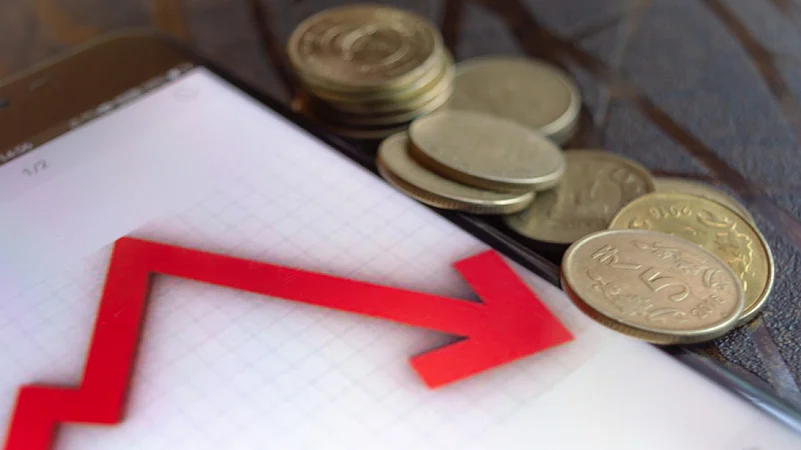The Indian stock market plunged to a three-week low on Monday. Both the Sensex and Nifty crashed by about 3 per cent and investors lost around Rs 10 lakh crore worth of wealth in a single day.
“Markets plunged sharply lower and lost nearly 3 per cent, pressurized by weak global cues. The continuous fall in the US markets was weighing on the sentiment which further deteriorated amid mixed indications from the domestic front,” says Ajit Mishra, vice-president, research, Religare Broking, a financial services firm.
Sensex recorded the biggest daily loss since November as it sank 1,546 points and all the Sensex scrips were in the red on Monday. “We expect volatility to remain high as investors await the Fed meet outcome. Moreover, pre-budget jitters, earnings announcements and upcoming monthly expiry would further add to the choppiness,” adds Mishra.
With volatility going up and with high chances of the market falling in the upcoming few days, here are the top five things an investor should avoid.
1. Don’t Fall For Cheap Equities
With the market going down, there are chances that prices of equities will go down and investors may be tempted to invest at a lower price. But buying cheap equities should be strictly avoided.
“Don’t buy just because equities are cheaper than they were one week ago. The decision to buy should be based on valuations post the correction, which continues to be at premiums to long-term averages,” says Vishal Dhawan, certified financial planner and founder of Plan Ahead Wealth Advisors, a financial services firm.
2. Don’t Sell Shares Randomly
During such a low phase of the market, often investors sell their shares out of panic. “Don’t sell unless you have taken leverage in your investments. If you have taken leverage, please go ahead and sell anyways,” suggests Dhawan.
3. Don’t Fall For Rumours
Experts mention that while the market is going down and with the Budget 2022 just a few days ahead, there will be various rumours related to Budget expectations. One should not buy or sell their shares based on rumours about the expectations from the Union Budget.
4. Don’t Discontinue Your SIPs
People often tend to stop systematic transfer plans (STP) or systemic investment plans (SIP) when the market goes down. “Do not stop your SIPs or STPs as they are meant to get you more units when markets fall,” adds Dhawan. If you are a long-term investor, you should look at accumulating more units during such phases.
5. Maintain A Diversified Portfolio
Experts suggest that investors should continue maintaining a globally diversified portfolio as certain economic events could impact some geographies more than others, and a globally diversified portfolio helps control these risks.



























